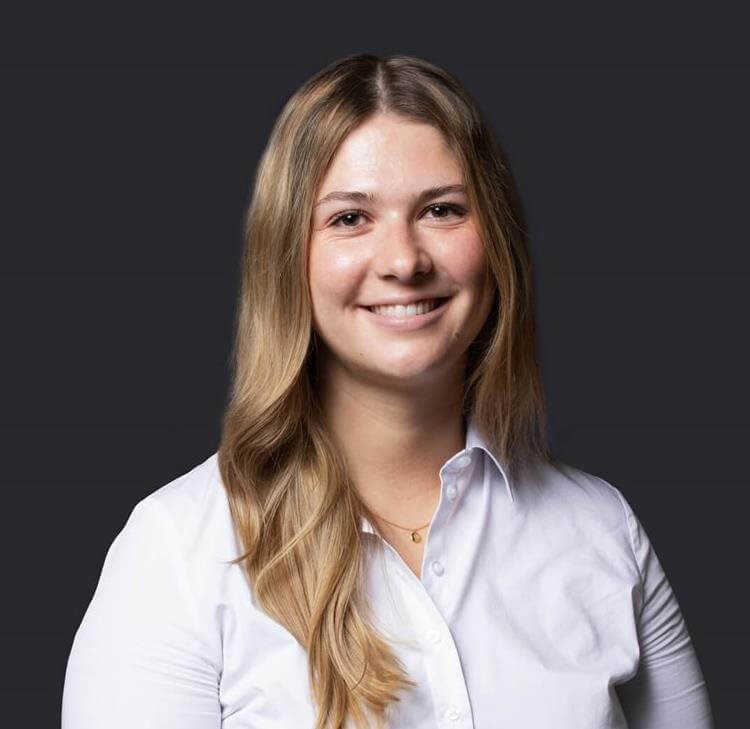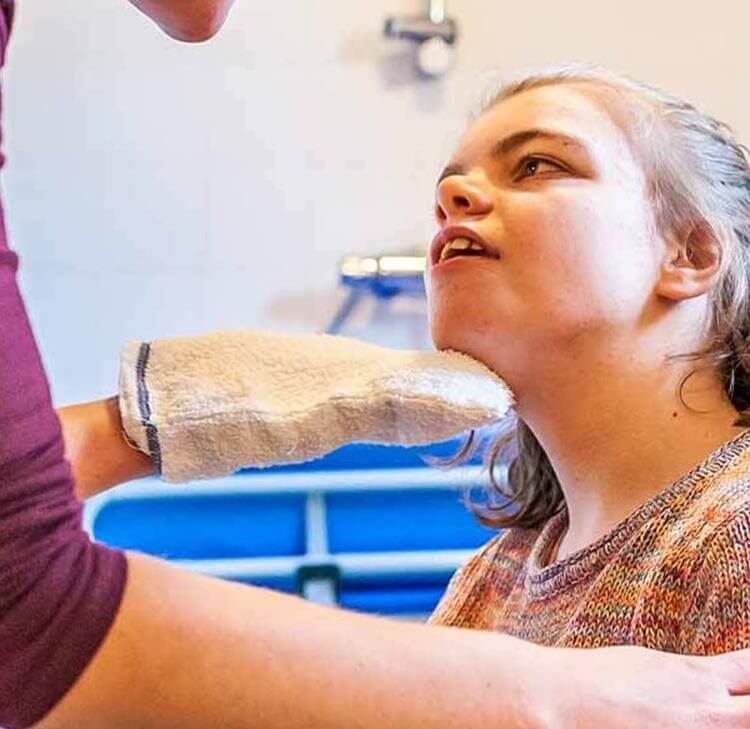In the recent case of Stockport Metropolitan Borough Council v KB [2023] EWCOP 58, HHJ Judge Burrows provided some clarity on issues which often arise when making an application for authorisation of a community based deprivation of liberty, known as a Re X application/ COPDOL 11 application.
The COPDOL11 application form states, “I confirm that P has been medically diagnosed as being of unsound mind and I attach written evidence from a medical practitioner”. HHJ Burrows clarified:
- “Unsound mind” is primarily a legal term. Those exact words do not have to be used by a clinician in his/her assessment. What the Judge must receive is reliable evidence of mental disorder. It is the Court that must be satisfied that there is "unsoundness of mind".
- The Mental Health assessment required as part of the COPDOL11 application, does not have to be completed by a s.12 MHA approved doctor. Usually, the evidence will come from a medical doctor, generally from a psychiatrist or GP.
HHJ Burrows declined to confirm whether, in appropriate circumstances, the evidence could come from a psychologist, mental health nurse, or other similar specialist clinical expert.
HHJ Burrows also declined to comment on GP concerns about the ‘medico-legal’ implications of putting their names to confirmations that a person is of unsound mind. Nor did he comment on the fact that none of the standard GP contracts oblige GPs to provide medical evidence to public bodies for Court of Protection applications. Notwithstanding, HHJ Burrows did say that “any clinician who does not consider themselves able to certify that a patient has a mental disorder or is "of unsound mind", must not do so.”
Practical takeaways
- If a mental health assessment is requested from a GP and they are concerned that they are not the right person to undertake the assessment as they are not a psychiatrist or a s.12 MHA approved doctor, this case can be used to reassure them. Note however that some GPs may still respond that they do not “feel able to certify [P] has a mental disorder”
- The term “unsoundness of mind” does not need to be used by the assessing doctor. Some clinicians feel uncomfortable using that term, but they can be reassured that it is fine for them not to use it. What is needed is evidence of mental disorder - what is meant by "unsound mind" is mental disorder.
If your organisation needs support with making its COPDOL11 applications, please do contact us and we would be happy to discuss how we can help.

Kelsey Richardson
Trainee Solicitor
kelsey.richardson@brownejacobson.com
+44 (0)330 045 2216






































![Contractual liability for all inclusive treatment: Bartolomucci v Circle Health Group Limited [2025]](/getattachment/95f9533b-f99c-4fcc-b8d5-3f93904b8242/shutterstock_1265400856.jpg?variant=HeroImageTabletVariantDefinition)



